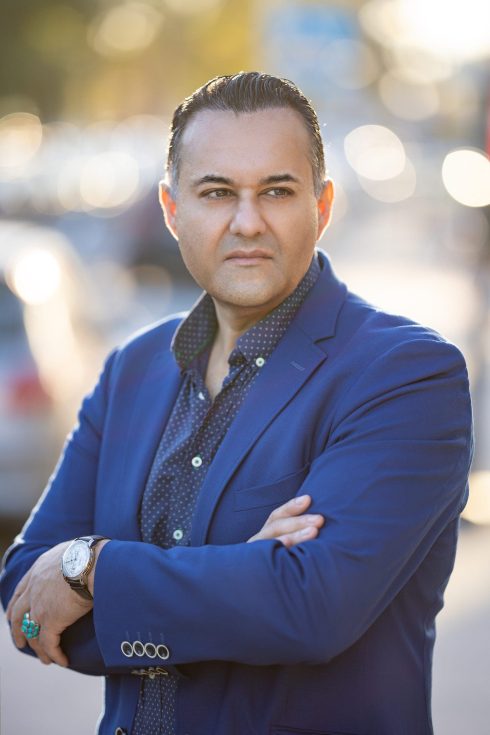Internet comparison sites are all very well but nothing beats the human touch, writes Danni Worth
THE electronic age has made things possible to the layman that were once restricted to seasoned professionals, such as photographers, graphic designers and printers.
The internet has amplified this process further, enabling us to bank remotely, book flights and hotels, inform ourselves using the world wide web … and buy insurance directly online.
While there is no denying this has given us greater access and independence of action, doing everything yourself is a time-consuming chore that not all of us have the hours or the inclination for. While some people love scouring the internet for the best flights, holiday deals and insurance packages, many find it a frustrating process. Comparison sites can be confusing, too, which is why a significant proportion of consumers are returning to the professionals in their search for quick, professional, accountable advice.
This is particularly true of the insurance industry, a highly-complex field that requires more than ‘off the shelf shopping’ if you want to get it right: that is, ensuring you receive the best possible coverage, with the most favourable conditions, at the lowest price. To say that buying insurance is like venturing into a minefield might be a slight exaggeration but, such is the complexity of the information you’re dealing with, it can be hard to see exactly what kind of cover you’re paying for.
Someone without the required knowledge could quite easily buy insurance at what seems to be a very reasonable price, only to find out that the policy in question contains a great many loopholes, come pay-out day. This is the inherent danger of comparison sites. They gather large numbers of policy types together and compare them almost exclusively on the basis of price, without focusing too much on the actual cover and possible get-out clauses.
For this reason, drawing on the knowledge of an experienced insurance broker not only ensures you get the right policy, offering the cover you need on the most acceptable terms, but also that you get it at the best price. Moreover, thanks to their product knowledge and buying power, brokers are often able to find better prices than even the comparison sites can offer.
The insurance broker really comes into his own if you need a little more than mass-produced, one-size-fits-all solutions. Individuals or businesses with specific insurance requirements will do much better to consult a broker about their cover to find an option tailored to their personal and practical needs. These solutions need not be expensive. What’s more, your broker will take the time to explain the options to you, allowing you to make an informed decision rather than merely paying for something that will not give you the right amount, or type, of cover.
A professional will therefore be able to help you find the best value for money, whether for standard household, medical or car insurance or specialised cover, such as professional liability insurance, commercial insurance or income protection.
More than this, as well as helping at this important initial stage, an insurance broker is also a vital cog in the machinery if you do need to make a claim. At a time when you most need help and advice, your broker will be there to assist you. Call centres and comparison sites can’t compete with that!












I well remember visiting 3 insurance brokers in Brighton when my partner needed just enough insurance to cover a ‘level payments repayment mortgage’. You will never hear an insurance broker mention this type of mortgage nor mortgage lenders why?
Because instead of paying off a mortgage over 25/30 years, you pay it off in 10 – the savings are enormous.
So what did all the ‘professionals’ suggest – a whole life policy, the very worst thing for anyone and why, two reasons – huge commissions that the mug punter has to pay for and never mix life (death) insurance with an investment angle.
Life (death) insurance is best taken out at the optimum age/cover per £. It can be used to provide a safety net if you should die for wife and children and for covering loans for business in the future. Taking out life insurance when young is cheap, now that the spectre of AIDS has been removed from the equation. If you leave it until you are middle aged or older will cost you an arm and a leg.
In this day and age it is easy to study online which type of insurance product is right for you – remember insurance is a waste of money – until you need it.
It comes as no surprise that anything to do with insurance or investments are never dealt with in the final year at senior school – it’s hard to rip off those who know what the craic is.